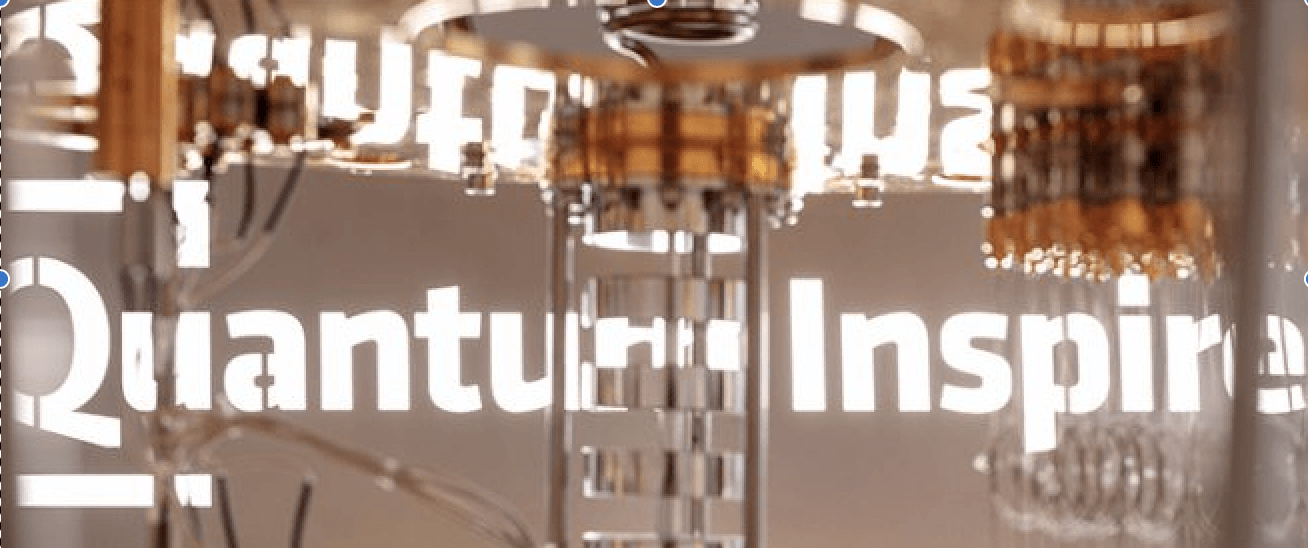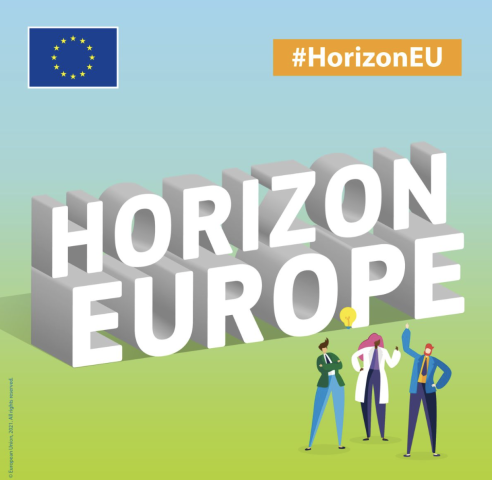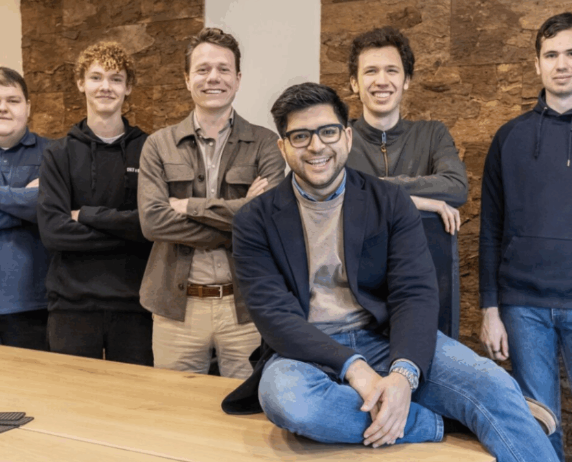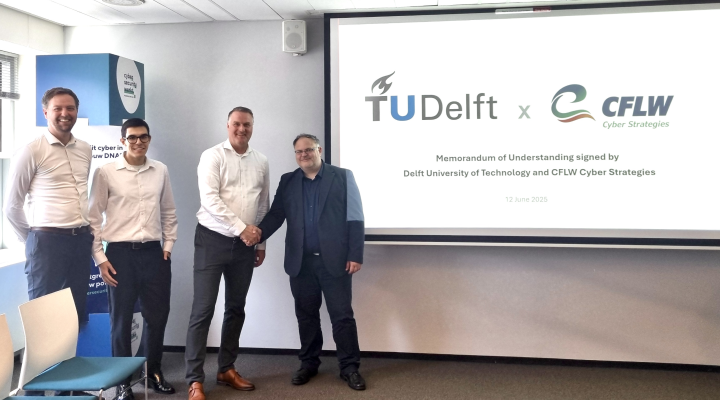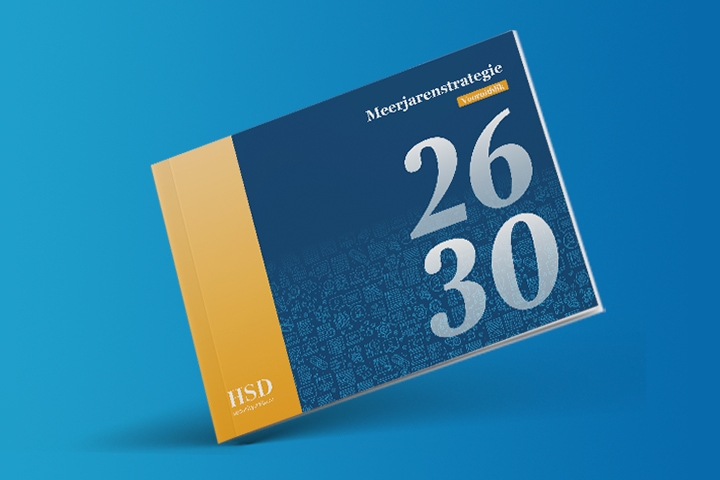Minister Ingrid van Engelshoven and European Commissioner Mariya Gabriel launch Quantum Inspire
The 20th of April, the Minister Ingrid van Engelshoven and European Commissioner Mariya Gabriel launched Europe’s first public quantum computing platform: ‘Quantum Inspire’. The platform was developed by Delft-based QuTech, a collaboration between TU Delft and TNO. Quantum Inspire makes the quantum computer accessible to everyone and is the first in the world to use a quantum processor made of scalable ‘spin qubits’.
Real quantum computing for anyone
QuTech has launched a web portal at www.quantum-inspire.com, and Kees Eijkel (Director Business Development) said that it makes the new quantum technology a reality for a broad audience: “Our platform focuses primarily on training and education, and the development of applications, so that more people can use the quantum computer as it develops further and becomes more widely available. Quantum Inspire is also an important magnet for the ecosystem forming in Delft of knowledge institutions, companies and start-ups.”
Electron spin qubit
A quantum computer performs its calculations using quantum versions of bits – so-called ‘qubits’. As a world first, Quantum Inspire contains a processor made of highly promising semiconductor ‘spin qubits’.
Richard Versluis (Systems Engineer): “The electron spin qubit is made with the same technique as a classic transistor and is just as small. This makes it suitable for mass production. Our platform also provides access to a processor made of superconducting (transmon) qubits – a unique combination. Users can experiment with quantum algorithms and compare the processors.
This short animation explains the journey of the quantum algorithm through Quantum Inspire.
Key technology
The quantum computer is seen as a key technology, enabling radically new products and services. It has the potential to solve certain problems much faster than ‘classical’ computers will ever be able to achieve. Versluis said that one example is helping to unravel the complex behaviour of molecules for drug development.
National Agenda for Quantum Technology
Quantum Inspire will serve as the backbone of one of the CATs: the ambitious Quantum Computing and Simulation testbed. Last January, the Dutch government announced an initial investment of € 23,5 million to fund the high-priority actions in the agenda.
Ingrid van Engelshoven (Minister of Education, Culture and Science): “Quantum computing is a key technology for the future. The Netherlands is a scientific leader in this field. I am extremely proud of the researchers and engineers from Delft, who combine research with innovation, entrepreneurship and the training of talent.
Did you know that HSD Office issued a study about Quantum and Cyber Security? This study was released during the HSD Café about Quantum on 12 September 2019
Source: QuTech

